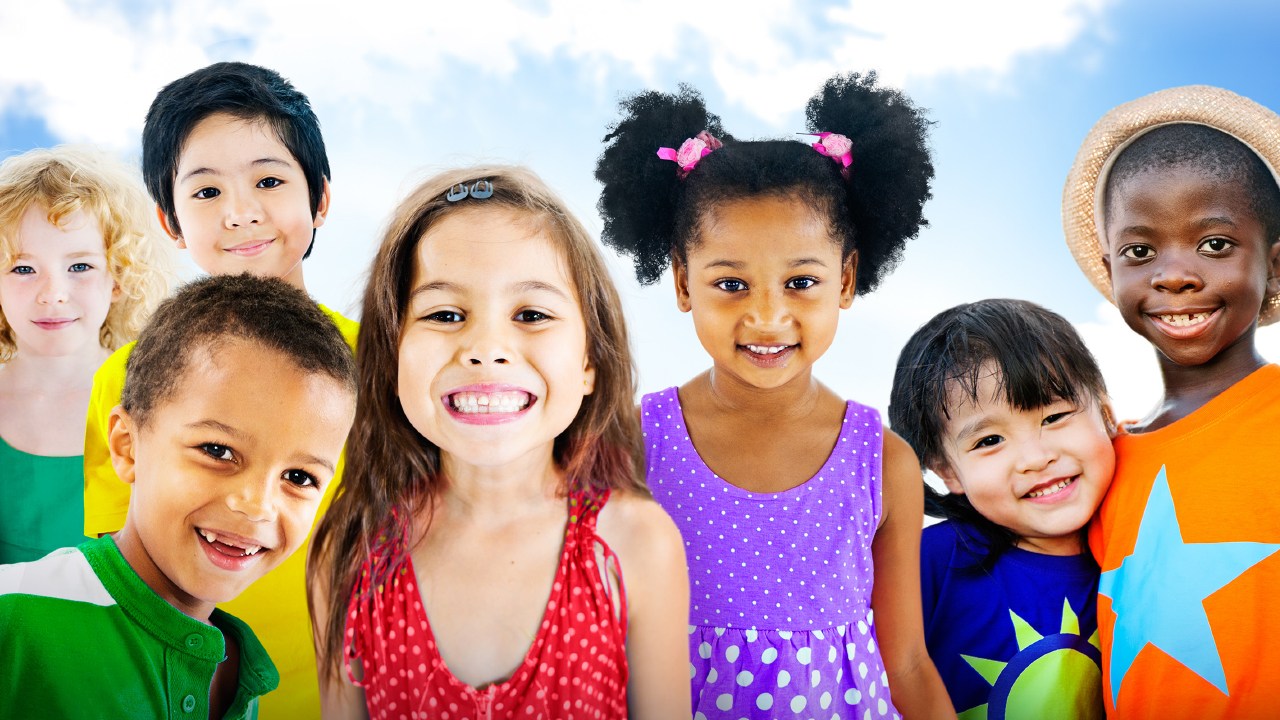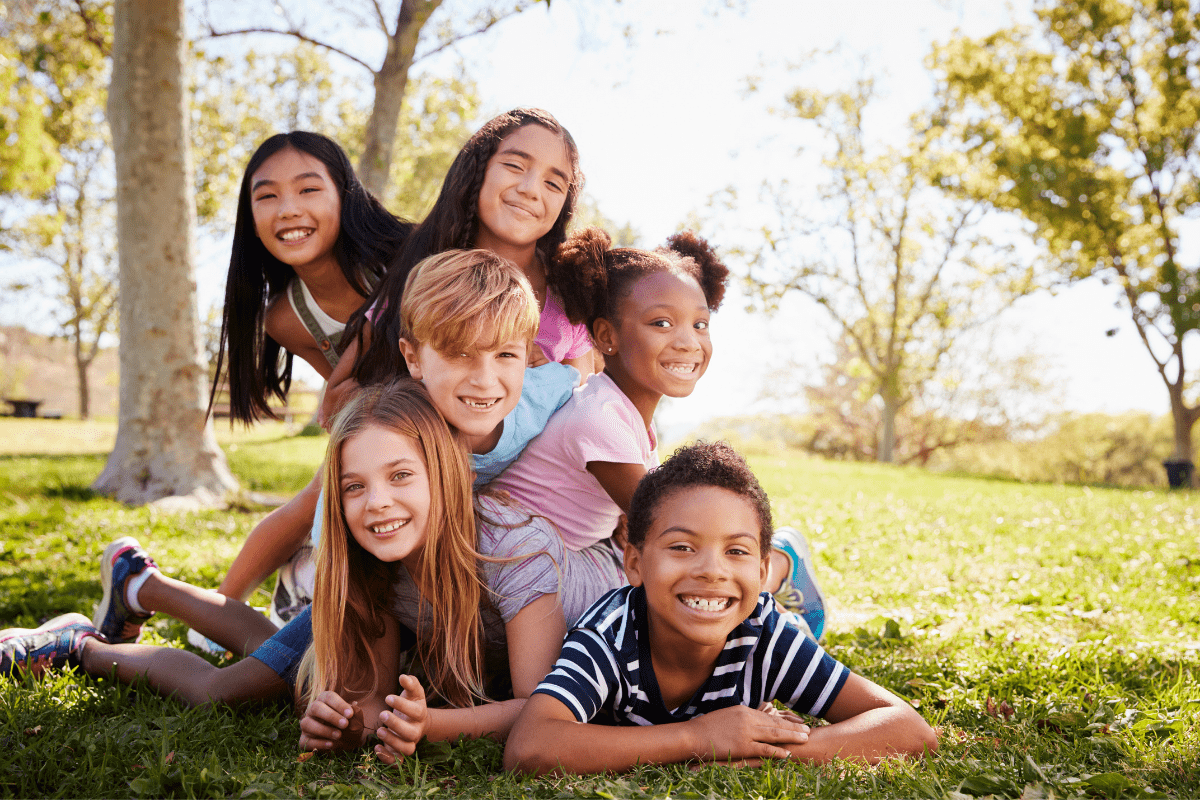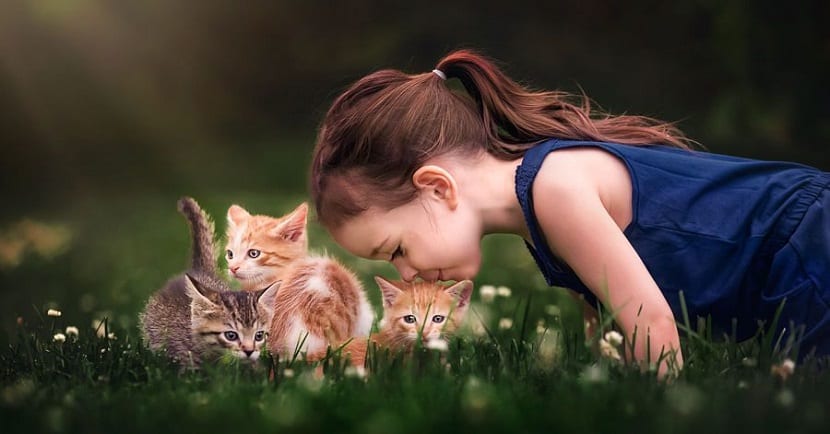
The cultural change is great and that is why every day there is more talk about individual rights. For get children to respect differences it is important to make them know a diverse world where each human being is unique. An individual being who deserves recognition and acceptance.
Respect for differences spans multiple levels. It includes gender differences and the different types of family that today coexist in a universe that is no longer accepted as such. A multiverse in which multiple views circulate, multiple senses. It is in this context of growth that children learn to respect differences. More than ever, it is about achieving a socio-affective democracy to live in harmony. How to do it?
Empathic families, respectful children
This cultural change did not happen overnight. The laws, the interconnection that exists with the Internet and social networks collaborated. Also the evolution of the world itself and the change in social paradigms that forced us to rethink certain thoughts inherited from other times. In this context and for get children to respect differences there are two key players: the family and the school.

What roles do they play in accelerating this change? Without a doubt, a fundamental role. Nobody better than the family to teach tolerance, differences and individual freedom. It is said that children do not learn from what they hear but from what they see. How to educate in tolerance? How to get children to respect differences? The answer is simple: with the daily example. If the parents are aggressive towards the environment, closed in terms of conceptions and ways of thinking, it is likely that the little ones learn that this is how they have to behave. Open and receptive parents, tolerant of differences in daily situations, empathetic and loving, will be able to raise children with the same characteristics.
The school and the differences
What about school? It is the institution par excellence, the one where the project is to educate but ... does it do it in all its dimensions? It is necessary to delimit the approach of the schools, to discover if they are really also concerned with educating in differences, forming students with a critical sense, tolerant towards others, careful of the thinking of others, respectful of what the other thinks or feels. The sense of "otherness" - that is, respect for the other - is part of the new paradigm that the educational institution should include within its curriculum. Getting children to respect differences is an essential part of your responsibility as an institution.

Arouse interest in the idea of respect for differences, promoting inclusion, working on bullying situations or talking about diversity is part of the responsibility of teachers, tutors, administrators and the school as a whole. In this way, there will be a correlation between what happens at home and what happens at school.

Promoting "education for peace" is one of Unesco's objectives. It is about promoting principles that favor sociability in order to achieve cultural transformation in terms of respect, social inclusion, honesty and effort. Nowadays, more and more schools follow the precepts of education for peace with the aim of teaching how to live in harmony.
Educate for peace
A school model of these characteristics that encourages peaceful coexistence as a concrete reality is part of a great project that seeks tolerance and respect for differences. For this, the participation and collaboration of the educational community and families is necessary to encourage environments and initiatives that promote a peaceful model of living and coexistence.
The younger children are when they internalize the idea of healthy mutual respect, the more likely they are to become responsible adults and good citizens. Something that in turn will be replicated by forming their own families and transmitting personal values.